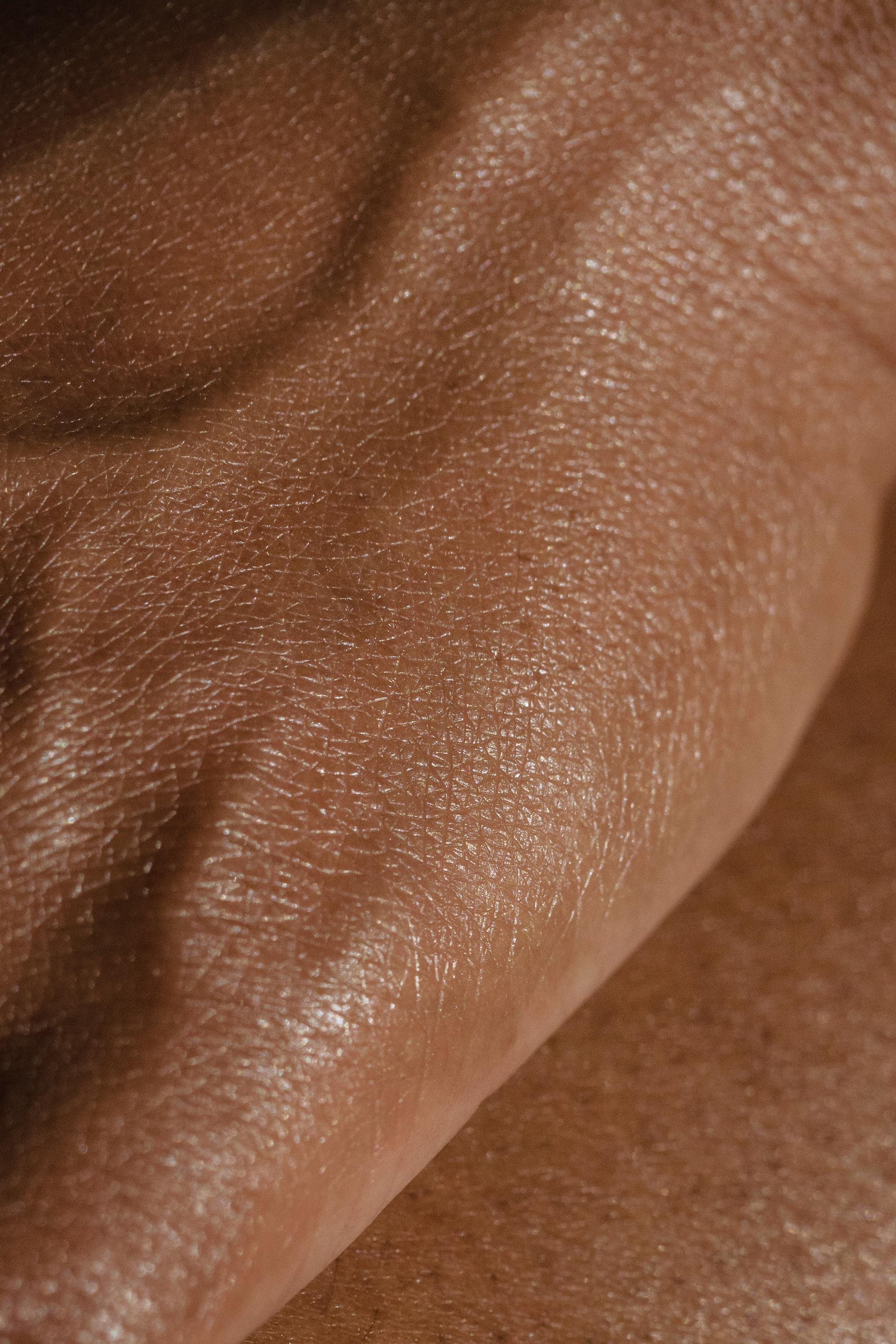Signs Your Rodent May Have Hormonal Issues

Signs Your Rodent May Have Hormonal Issues
Hormonal imbalances are not just a human concern; they can affect animals, including our small furry friends like rodents. Recognizing the signs of such imbalances in rodents can be crucial for timely veterinary intervention and ensuring their well-being. This blog post explores the common indications of hormonal problems in rodents, which can help you determine whether it's time to visit a vet.
Understanding Hormonal Imbalances in Rodents
Hormones are chemical messengers that play vital roles in regulating various bodily functions in animals, including reproduction, metabolism, and growth. In rodents, the endocrine system, which produces these hormones, can sometimes get out of balance, leading to a range of health issues.
Signs of Hormonal Problems
Changes in Behavior
One of the first signs that a rodent may be experiencing a hormonal imbalance is a change in their behavior. This can include increased aggression, unusual shyness, or apathy. Hormonal changes can affect neurotransmitter levels, which can alter a rodent's mood and behavior significantly.
Altered Physical Appearance
Abnormal hair loss or unusual hair growth patterns can be a visible sign of hormonal issues in rodents. Additionally, changes in weight, either gain or loss, without significant changes to diet or activity level, can also suggest hormonal disruptions. Such physical changes are often a result of imbalances in thyroid hormones or sex hormones like estrogen and testosterone.
Reproductive Issues
Reproductive problems are another key indicator of hormonal imbalances in rodents, particularly in breeding specimens. Females may experience irregular estrus cycles or difficulties in pregnancy, while males might show changes in libido or problems with fertility.
Skin Problems
Issues such as excessive scratching, lesions, or changes in skin texture could be symptomatic of hormonal disorders, especially those related to the adrenal glands or thyroid. These problems often require a closer examination as they can lead to more severe health issues if left unchecked.
The Importance of Veterinary Care
Hormonal imbalances in rodents can be complex and vary from one individual to another. If you notice any of the aforementioned signs in your pet rodent, it is crucial to consult with a veterinarian who specializes in exotic pets. Early diagnosis and proper treatment can prevent the progression of hormonal disorders and help maintain the health and happiness of your furry companion.
Monitoring your rodent's health by paying attention to subtle signs and behavior changes can make a significant difference in their quality of life. Timely veterinary intervention is key in managing any potential health issues that may arise due to hormonal imbalances.
Always ensure your rodents live in a stress-free environment, as stress can exacerbate or trigger hormonal issues. Providing a nutritious diet, a clean habitat, and regular interaction can help in maintaining their overall health and well-being.